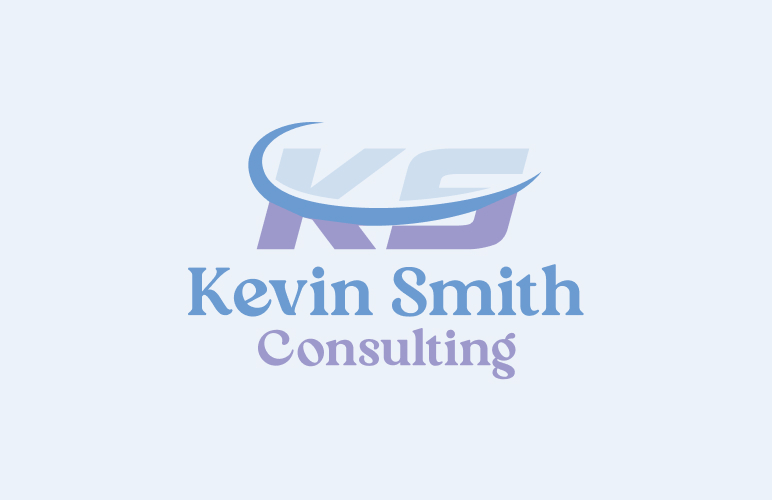Unlocking SEO Success: Essential Strategies for Small Businesses
- “Conduct Comprehensive Keyword Research”
– Explore the importance of thorough keyword research to identify relevant search terms and phrases for your small business.
- “Optimize On-Page Elements for SEO”
– Learn how to optimize on-page elements like meta titles, meta descriptions, headers, and URLs for improved search engine rankings.
- “Create High-Quality, User-Centric Content”
– Discover strategies for crafting valuable and relevant content that resonates with your target audience and enhances SEO.
- “Build High-Quality Backlinks”
– Understand the significance of earning quality backlinks from reputable websites to boost your website’s SEO authority.
- “Enhance Website Speed and Mobile Optimization”
– Learn about optimizing website speed and ensuring mobile responsiveness for a better user experience and higher SEO rankings.
- “Optimize for Local SEO”
– Explore the essentials of local SEO, including Google My Business optimization and location-specific keyword usage.
- “Monitor and Analyze SEO Performance”
– Discover the importance of regularly tracking and analyzing SEO metrics to refine your strategy and improve results.
- “Leverage Social Media for SEO Benefits”
– Understand how social media can indirectly contribute to SEO success by increasing content visibility and engagement.
- “Stay Informed with SEO Trends”
– Stay updated with the latest SEO trends and algorithm changes to maintain a competitive edge in the evolving SEO landscape.
Unlocking SEO Success: Essential Strategies for Small Businesses
Introduction
In today’s digital landscape, search engine optimization (SEO) plays a crucial role in driving organic visibility, traffic, and growth for small businesses. There is a fair chance you discovered this blog because of a strong SEO strategy. In this blog post, we will delve into essential strategies that small businesses can implement to optimize their SEO efforts and enhance their online presence.
Conduct Keyword Research
Start by conducting thorough keyword research to identify relevant search terms and phrases related to your business. Use keyword research tools to identify high-ranking keywords with reasonable search volumes and low competition. Incorporate these keywords strategically throughout your website content to improve your organic rankings.
Optimize On-Page Elements
Ensure that your website’s on-page elements are optimized for search engines. Focus on optimizing meta titles, meta descriptions, headers (H1, H2, etc.), and URL structures. Include target keywords naturally within these elements while maintaining readability and relevance. Optimize image alt tags and consider adding structured data markup to help search engines understand your content better.
Create High-Quality and Relevant Content
Craft compelling, informative, and user-centric content that aligns with the interests and needs of your target audience. Produce blog posts, articles, guides, and other forms of content that provide value, address common pain points, and answer frequently asked questions. Incorporate relevant keywords naturally within your content and ensure that it is well-structured and easy to read.
Build Quality Backlinks
Earning high-quality backlinks from reputable and authoritative websites is crucial for improving your SEO. Develop a link-building strategy that includes outreach to relevant industry influencers, guest blogging on reputable websites, and fostering relationships with other businesses for potential collaboration. Focus on acquiring backlinks from sources that are relevant to your industry or niche.
Enhance Website Speed and Mobile Optimization
Optimize your website for speed and mobile devices, as these are important ranking factors. Ensure that your website loads quickly by compressing images, minimizing code, and using caching techniques. Additionally, design your website responsively to provide a seamless browsing experience across different devices and screen sizes.
Optimize for Local SEO
If your small business operates in a specific geographical area, optimizing for local SEO is essential. Claim your Google My Business listing, provide accurate and up-to-date contact information, and encourage customer reviews. Incorporate location-specific keywords within your website content, meta tags, and headings to improve your visibility in local search results.
Monitor and Analyze Performance
Regularly monitor and analyze your website’s performance using tools like Google Analytics. Track important metrics such as organic traffic, bounce rate, average time on page, and conversions. Gain insights into the keywords that are driving traffic to your website and identify areas for improvement. Use these insights to refine your SEO strategy and optimize your content accordingly.
Utilize Social Media for SEO Benefits
While social media may not directly impact your website’s search rankings, it can indirectly contribute to your SEO success. Share your content on social media platforms to increase its visibility and encourage social sharing, which can lead to more backlinks and engagement. Additionally, social media profiles often rank well in search engine results, further enhancing your online presence.
Stay Up to Date with SEO Trends
SEO is an ever-evolving field, and staying informed about the latest trends and algorithm updates is crucial. Stay updated with industry blogs, forums, and reputable SEO resources to keep pace with the latest best practices. Implementing emerging strategies and adapting to algorithm changes will help you maintain a competitive edge in the SEO landscape.
Conclusion
Optimizing SEO is a vital component of any small business’s online success. By conducting keyword research, optimizing on-page elements, creating valuable content, building quality backlinks, optimizing for local SEO, monitoring performance, leveraging social media, and staying informed about SEO trends, small businesses can achieve improved organic visibility, increased website traffic, and long-term growth.
